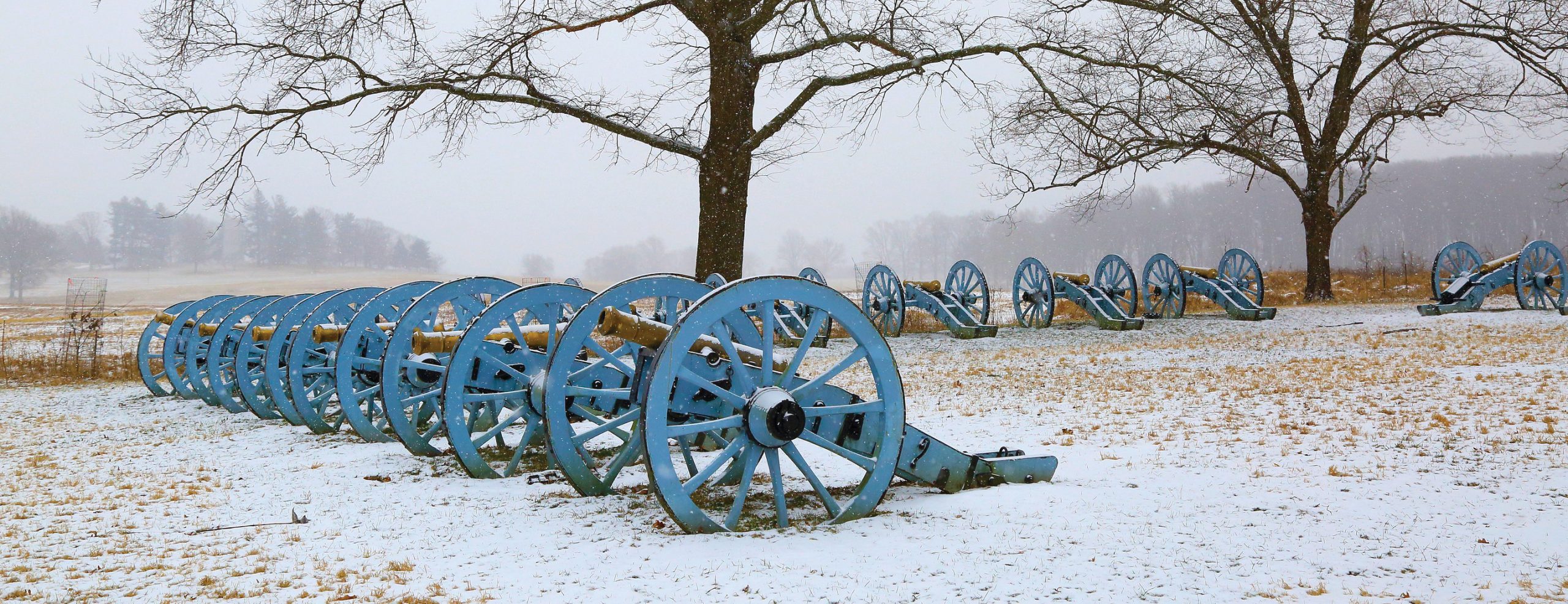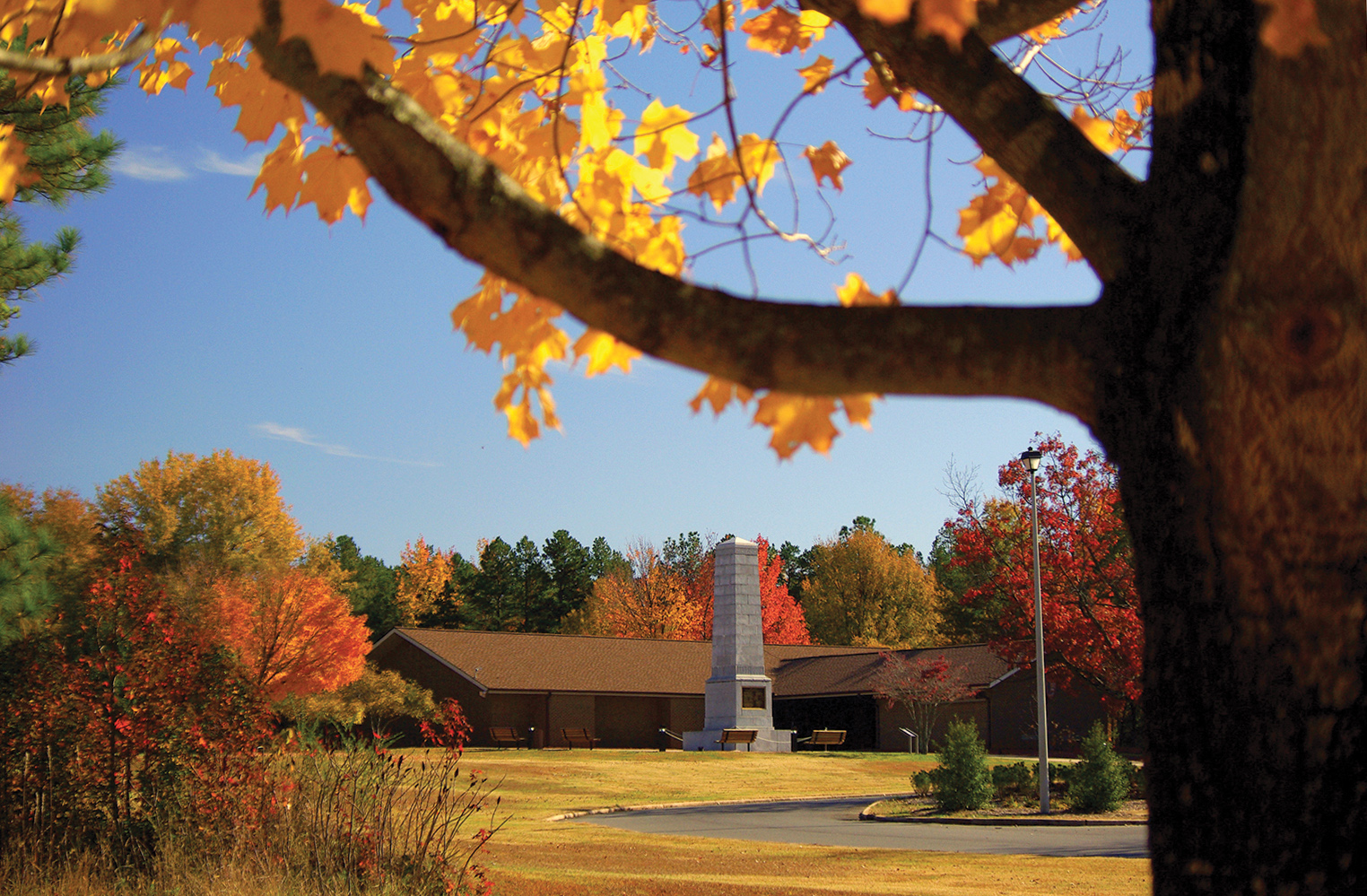America 250: Honoring Our Founding Through Travel
Discover how to celebrate 250 years since American Independence with a personal journey through Revolutionary War sites across the United States. Explore historic landmarks, immersive reenactments, and inclusive storytelling as America’s 250th anniversary invites travelers to connect with the nation’s founding and reflect on the enduring legacy of freedom.
As we are in the midst of a major milestone, marking 250 years since America’s independence and the American Revolution, all Americans are invited to find ways to celebrate this significant moment in our nation’s history.
The dramatic beginning of the Revolutionary War at Lexington and Concord was a watershed moment not only in American history but also in world history. It signified the beginning of the end of British rule in the colonies and the advent of an entirely new nation.
The story of our nation’s founding is told at national parks, state parks, and other historic landmarks throughout the country. From preserved buildings where important documents were signed to battlefields where one can walk in the footsteps of those who fought and died for our collective freedom, volunteers and non-profit organizations have taken great care to provide a roadmap through history for citizens and visitors alike. Now, as America’s 250th anniversary approaches in 2026, celebrating through travel has become the choice of many seeking to delve into the history of our nation’s beginnings.
By visiting some of the preserved and maintained Revolutionary War-era locations throughout our nation, people can get a first-hand look at what life was like for Americans in 1774-1783, the elements they endured throughout the fight for freedom, and gain a better appreciation for the nation’s founding through reenactments and tours given by Park Service staff and educated volunteers.
Traveling to celebrate the 250th anniversary of America
Americans have always had a certain amount of wanderlust. Stories of cruising Route 66 across the country or taking on an Appalachian Trail thru-hike are legendary. It is in our nature to roam and explore.
America’s 250th anniversary is more than just a selection of dates on the calendar marking essential moments during the Revolution; it is a representation of who we are as a young country and a quarter of a millennium of keeping the American promise of liberty and justice for all alive.
In 1775, colonists fighting unjust taxation from the British took up arms at Lexington and Concord, two years after Revolutionaries had tossed tea into the harbor to send a message to King George III about his relentless taxes. This move served as a catalyst for the beginning of the American Revolution. Though many of us had classes on the American Revolution in school — perhaps year-long studies of the conflict — there is an endless wealth of history and information waiting to be explored at sites across the US dedicated to preserving Revolutionary War history.
What was fought for and achieved during the Revolution still endures today. A willingness to fight for what’s right and endure hardships in the name of freedom is etched into the cornerstone of what makes us all Americans.
America’s national parks have been stewards of this history. Many of the locations integral to the Revolution and the founding of a new nation are preserved within America’s national parks. Through travel to these sites, visitors can touch the same walls our Forefathers touched, walk the same fields our Revolutionary ancestors walked, and imagine what it must have been like to endure a winter at Valley Forge or to bear witness to the signing of the Declaration of Independence.
By travelling to these sites, visitors have the opportunity to make their celebration of America’s 250th personal. By learning through experience, visitors can enrich their understanding of our nation’s founding, one site at a time.
Travel plans for the 250th anniversary
Our National Park System has over 40 sites related to the Revolutionary War. These sites are scattered throughout the nation, with many of them concentrated on the East Coast, where much of the war was fought. Each site has its own approach to telling the story of the Revolution. Some sites offer costumed docents to bring visitors right into the story, while others provide reenactments or guided tours. How people want to design their personal tour through America’s history is up to them, but it can be an educational and exciting way to ring in the 250th anniversary year.
In the Northeast, visitors can get the complete story of the war’s beginning. Travelers can tour Minute Man National Park, where everything began, or walk in the footsteps of Revolutionaries on Battle Road. Even the Old North Bridge, where the “shot heard around the world” was fired, has been preserved, and this year a new exhibit was launched displaying musket balls that have been discovered from the historic event. Travelers seeking a wealth of Revolutionary War history in a short amount of time can explore the Freedom Trail, a 2.5-mile path that guides walkers past 16 sites connected to the Revolution.
If travelers wish to stand in the very spot where history was made — a history that endures to this day — they can travel to Pennsylvania and Independence National Historical Park, where they can stand in the very room where the Declaration of Independence was signed. The area has been so well-preserved that it is almost as if you can hear the sounds of debate and compromise bouncing off the walls of Independence Hall. Visitors to Pennsylvania can also tour the home of Polish freedom fighter Thaddeus Kosciuszko, the Liberty Bell, and the Gloria Dei Church, where many Patriots are buried.

The mid-Atlantic region has sites that represent significant turning points in the war, such as the storied Valley Forge, where Revolutionaries under the command of George Washington survived a brutal winter. Visitors can also tour Guilford Courthouse National Military Park, which commemorates a pivotal 1781 battle that paved the way for the Patriots’ victory.
The Revolutionary War also had a significant impact in the South, and several preserved sites are worth adding to travelers’ itineraries. In South Carolina, Ninety Six National Historical Site features a star-shaped fort where two battles were fought against the Loyalists. Also in South Carolina, Cowpens National Battlefield has been preserved to commemorate a key moment in 1781 when Americans turned the tide against British forces, an event celebrated through annual reenactments.
Travelers planning a tour of Revolutionary sites for the 250th anniversary should not leave off a visit to Yorktown, the site of a history-making battle in 1781 that is commemorated at Colonial National Historical Park in Virginia. There, visitors can imagine what it must have been like for French and American soldiers to fight side by side in their ultimate defeat of the British Army.

Expanding the narrative with diversity and education
The many National Park Service staff, volunteers, and non-profit employees who have taken on the task of preserving and interpreting these various Revolutionary sites are gearing up to bring nuance and expanded education to visitors for the 250th anniversary. These groups are working hard to create comprehensive, inclusive presentations, tours, and reenactments that bring the sites to life and allow all visitors to learn the real stories of the Revolution beyond what is taught in school.
The celebration of the 250th anniversary is not just about remembering important battles or standing in old buildings; it’s about inviting new interest in the stories that shaped the nation and including new stories that may not have been told in the past. We have all heard of George Washington, but many people might not have heard the story of Crispus Attucks, a black man who was killed in the Boston Massacre along with four other men, sparking the moment that kicked off the Revolution.
For the 250th anniversary, history educators, interpreters, tour guides, and volunteers have worked diligently to incorporate the diverse perspectives that comprise the entire story of the American Revolution.
Creating a personal tour through Revolutionary history
As many set out on the road to visit significant sites as a celebration of our nation’s 250th anniversary, they have access to various ways to create their own personal tour of history. There are also educational and commemorative tools that have been developed to help people personalize their visits to Revolutionary War sites. Programs like Passport To Your National Parks® allow visitors to collect free ink stamps to mark which sites they have visited, providing a great way to tell one’s own semiquincentennial story. Many national park sites have expanded their websites to include special 250th anniversary events and information as well.
This critical moment in American history, celebrating 250 years of independence, is not only a time for celebration but also a time for reflection on how far we have come. By planning a visit to some of the many national park sites that preserve and honor Revolutionary moments, visitors can help keep these spaces vital for years to come.
About America’s National Parks™

AANP provides quality educational experiences to national park visitors through our park stores, interpretive services, and custom products. Proceeds from your purchases and donations at America’s National Parks™ stores support education and preservation at the National Park Service sites where we operate. We provide products and services that inspire people to enjoy and protect America’s national parks for future generations of park lovers. For over 70 years, we’ve been a loyal supporter of the National Park Service, giving back more than $183 million in aid, thanks to your purchases and donations. https://americasnationalparks.org/
